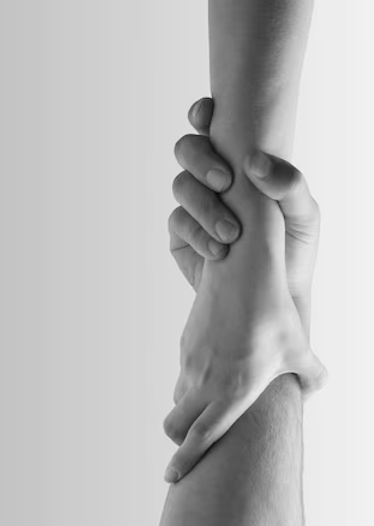
Red Flag Campaign
Each February, the sexual health Peer Health Educator team hosts a social media campaign in collaboration with Queens University Sexual Violence Prevention and Response Services (QUSVPRS) with the goal of sharing information on identifying and responding to relationship red flags.
The Red Flag Campaign highlights potential scenarios that may arise in relationships and empowers students to speak up if they spot a relationship red flag.
Featured topics include jealousy, coercion, isolation, victim blaming, emotional abuse, sexual assault, and stalking.
What can healthy relationships look like?

-
willingness to try new things with each other
-
honouring boundaries
-
partner makes you feel safe, heard, and appreciated
-
you're not afraid to speak up
-
healthy and honest communication
Healthy relationships look different for everyone.
Signs that you are in a healthy relationship can include:

What can unhealthy relationships look like?
It's important to keep in mind that any relationship, including friendship, can be unhealthy. Signs of an unhealthy relationship can include:
-
physical, emotional, financial and/or sexual abuse
-
excessive jealousy
-
coercion/ peer pressure
-
lack of trust
-
disrespecting boundaries
-
controlling behaviour
Speaking to friends in unhealthy relationships
It's important to keep in mind that there is no one-size-fits-all approach, that supporting your friend can look different in various ways. Strategies that you can use to speak to friends in unhealthy relationships include:
-
Listen patiently and assure your friend of your support for their decisions.
-
Reinforce the importance of respect, honesty, and open communication in relationships.
-
Emphasize that abuse is never acceptable, and it's not your friend's fault.
-
Keep the focus on your friend, creating a comfortable space for discussion.
-
Avoid contacting the other person or sharing relationship details on social media.
-
Seek local resources for guidance and share them with your friend.
-
Identify and connect your friend with a trusted adult for additional support.
-
Maintain support after the relationship ends; your support matters just as much then.
-
Practice self-care and set boundaries. You can be a good friend and still prioritize talking care of yourself.

What do green flags in relationships look like?

Green Flag: This behaviour is healthy, it’s a sign of a healthy relationship. Green flags involve behaviours that prioritize communication, create balance in a relationship, etc.
-
You and your partner have interests that differ from one another.
-
Green Flag – There’s often an assumption that you must love everything that your partner loves. That’s not true! Of course, being interested in learning about a partner's interests and finding some things you both want to do is important, but you don’t need to do everything together.
-
-
They are excited for you when you accomplish something.
-
Green Flag – Cheering on your partners accomplishments is important, it’s part of building a supportive relationship.
-
-
Your partner stops doing something when you tell them it makes you uncomfortable.
-
Green Flag – Great sign of communication.
-
-
Your partner communicates with you when they are feeling unappreciated.
-
Green Flag – Likely a sign of a good relationship.
-




